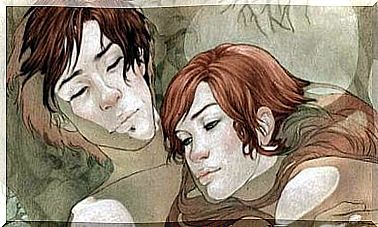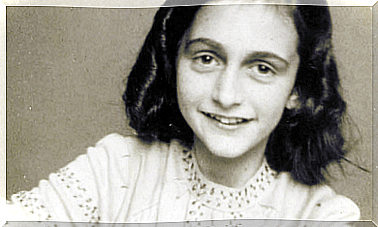The Forgotten Son: Childhoods In The Corner Of Indifference
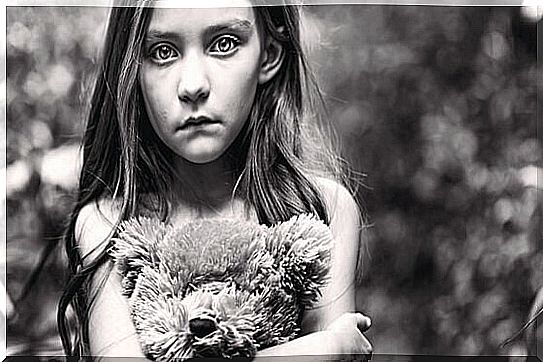
The forgotten son, the one who was never loved by his parents, lies in the dark corner of indifference. He will remain relegated to it for decades, even when his is an adult life; because when a person feels that his childhood has been stolen from him and love denied, he hardly detaches himself from that hungry and angry creature of the past. It remains irremediably attached to that gigantic trauma.
In the book “Errors not to be repeated. How knowing one’s history helps to be parents ”by psychiatrist and professor Daniel J. Siegel, we are offered a term that is perfectly suited to the forgotten child we are talking about: culture of shame. Behind these words of enormous impact lies an underground reality of which we are not always aware.
We are talking about those little ones who live in shame, confused and unable to understand why they are not experiencing typical aspects of any family dynamic: gratitude, understanding, affection, love, dedication, security …
The forgotten child is the one who has no role in the home. It is the child who asks and does not receive, the child who one day understood that crying is useless, the creature who has never seen himself reflected in the eyes of his parents, in the warmth of a body or in the caress of a reassuring voice. . No one has ever taught him to believe in magic, the universe or himself.
Children of the culture of shame end up getting lost in the abyss created by the lack of roots, anger and silence. A daunting life scenario that, believe it or not, is present in excess in our society.
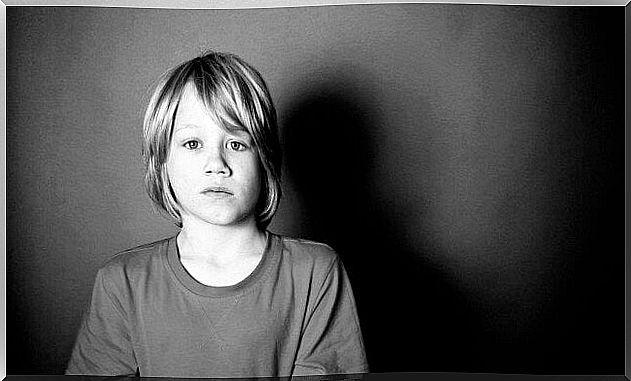
The forgotten son, neglected lives
Many are led to immediately think that the forgotten child can only live in the bosom of a dysfunctional family. It is undoubtedly an environment characterized by dynamics of physical or verbal violence, immaturity of parents sometimes suffering from some mental disorder, marginalization or, why not, some criminal activity that makes this scenario an authentic black hole of emotional turmoil, insecurity and fear. .
Well, it is right to underline an important aspect: the forgotten child can also live very close to us. In the house of our neighbors, for example, in that majestic three-storey house where the parents, always kind, brilliant at work and very busy during the day, hold the hand of a silent child, with an immense gaze and overflowing curiosity, but in the whose depth you can glimpse the sadness. The forgotten child is also that child who goes to school for seven hours a day and carries out his extra-curricular activities in the afternoon.
He is that child who has his own set of keys, who comes and goes by himself because his parents work all day, they arrive home tired and without any desire to interact, to listen, to take care of him. It shouldn’t be that way . In this situation there is no marginalization or any form of violence; yet there is a clear example of dysfunction, of maltreatment: the lack of true love, of the sense of parenthood of two individuals who are aware and present, but above all perceived by the child.
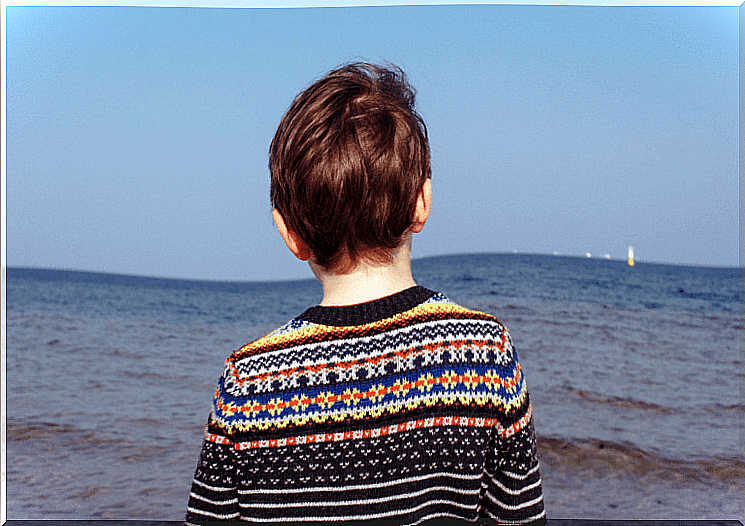
Nobody should live in the corner of indifference
Nobody should live in the dark room of indifference. Spending childhood relegated to that underground space inhabited by shadows, emptiness and emotional deficiency, can generate various inner conflicts in the child that in the best of cases will arise after years. It is curious that the author Elisabeth Kübler-Ross wrote in his book “On Grief and Grieving” ( The pain and suffering) that traumatic childhoods pass through a very unique pain.
The Swiss-American psychiatrist explains that it is like doing surgery on a series of disordered emotions and in turn crammed into even more disordered drawers. It operates on a chaotic inner world in which emotions get in the way of each other: anger, anger, disappointment, denial and depression.
The forgotten child often turns into an inaccessible adult, into one of those people who like to go unnoticed, who get confused in their own personal universe unable to consolidate meaningful and lasting relationships. This happens because, unfortunately, they continue to be relegated to the culture of shame, where they wonder every moment why it happened, what they did wrong so that they were denied the fundamental love to be built and built as a person.
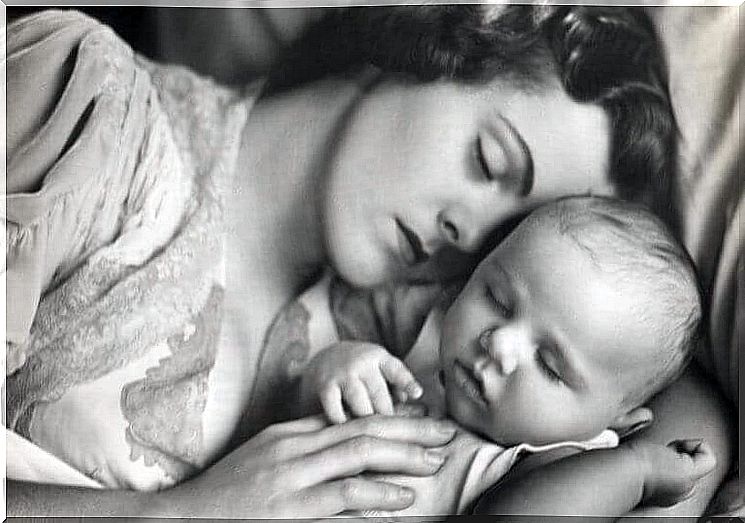
Nobody deserves to live in the corner of indifference, much less children. Our little ones deserve to be educated with the language of affection that never fails, they deserve our time and whole days to spend together, as eternal as those of Finnish summers. They also deserve our turtle patience and the ability to forgive them, as infinite as the waves crashing on the banks of a pond.
In conclusion, a proposal: let’s invest in a conscious education that avoids the birth of other forgotten children, of other lost childhoods. Know that, whether we like it or not, this will affect the freedom and fullness of our adult life.
